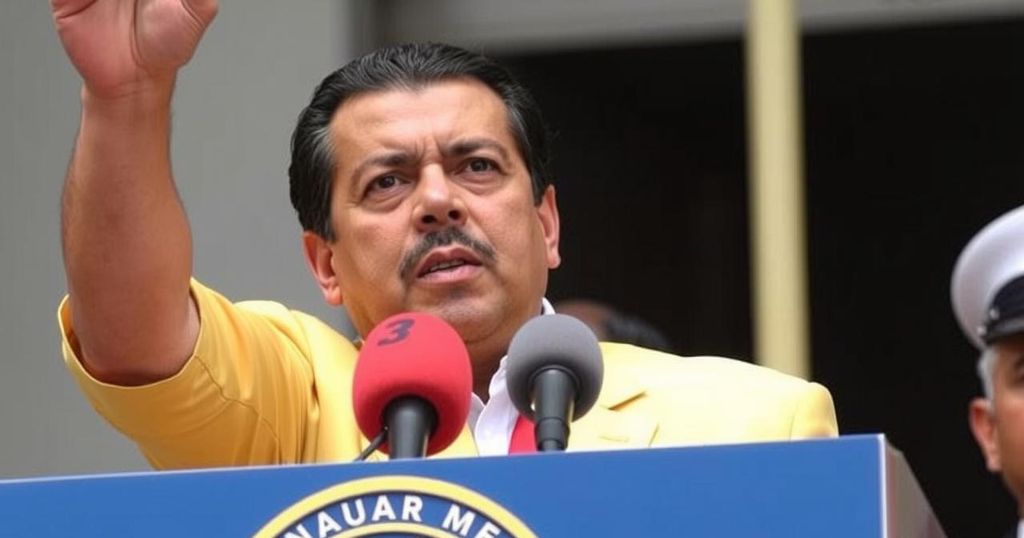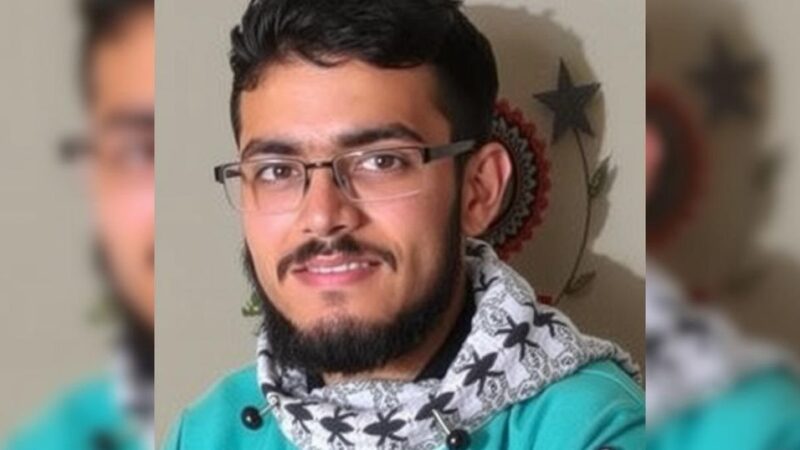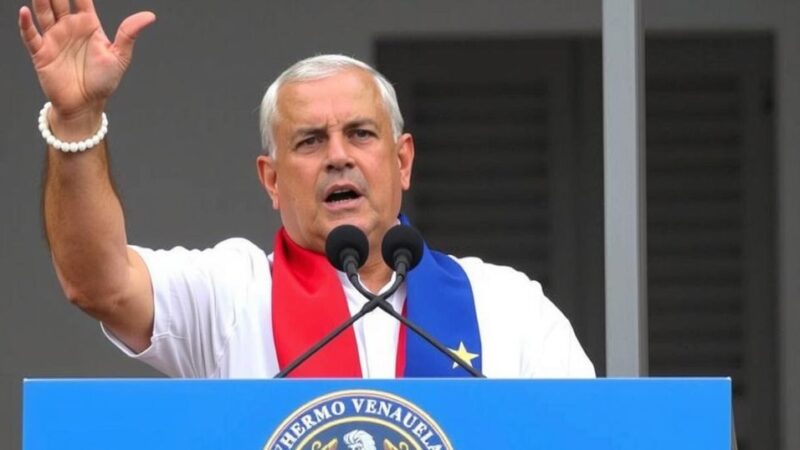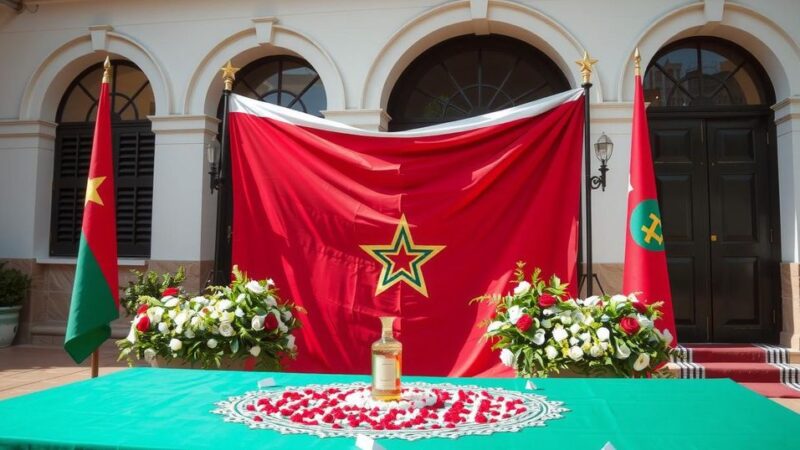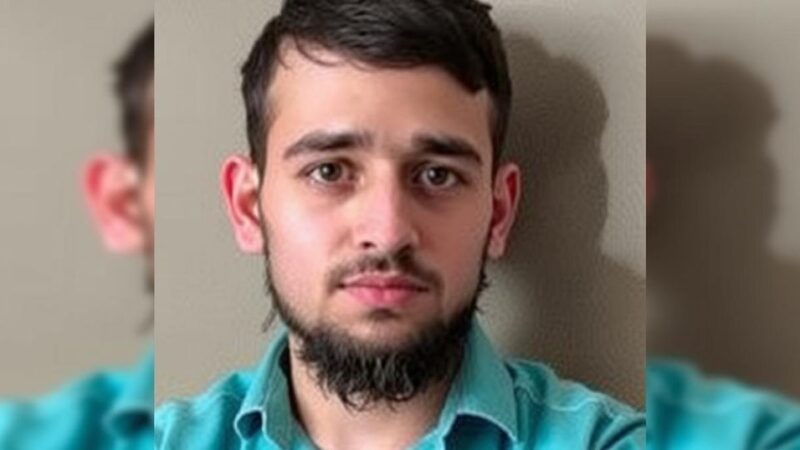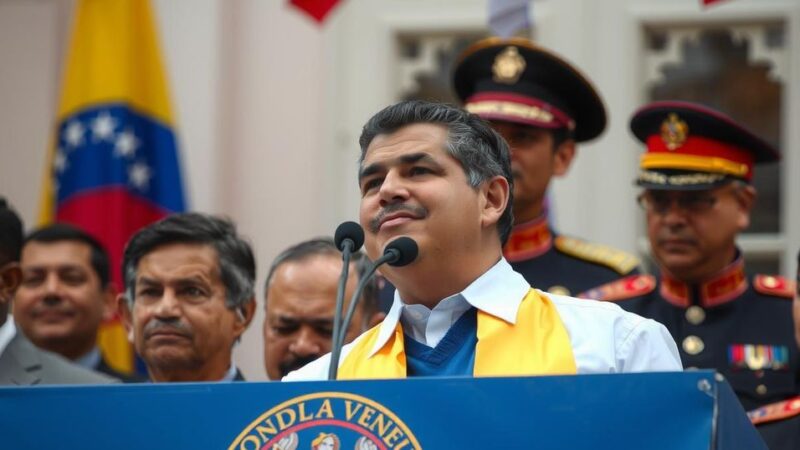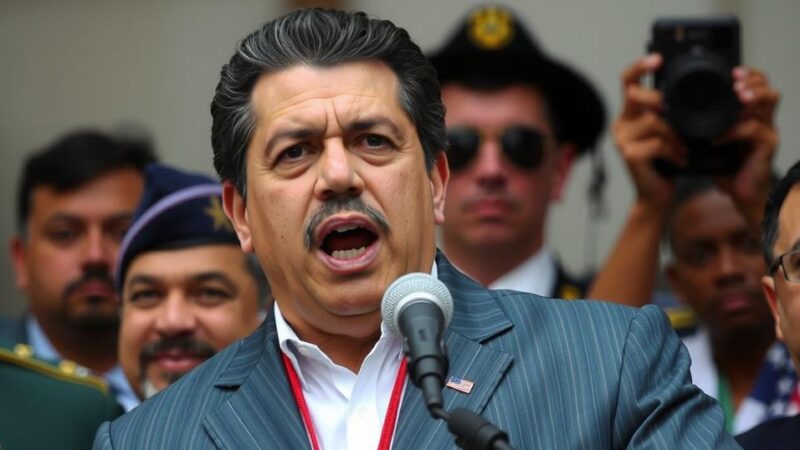President Nicolás Maduro is set to be sworn in for a third term in January 2025 amidst serious allegations of electoral fraud and protests led by opposition figures like María Corina Machado. Despite claims of illegitimacy, the Maduro administration continues to assert its victory, whereas the opposition seeks recognition for their candidate Edmundo González, stirring unrest across the country.
Venezuelan President Nicolás Maduro is anticipated to undertake his third term in office on January 9, 2025, despite significant allegations challenging the legitimacy of his reelection. The political atmosphere in Venezuela is tense, as opposition leader María Corina Machado has accused the Maduro administration of electoral fraud. Amidst protests demanding the recognition of opposition candidate Edmundo González as the rightful winner, Machado faced intermittent detainment by government forces. The situation has escalated, resulting in international condemnation over the government’s heavy-handed tactics against dissent.
Following the announcement of Maduro’s victory, critics pointed out a lack of transparency, as electoral authorities did not provide detailed vote counts, in stark contrast to previous elections. Opposition sources, claiming to have tallied votes from over 80% of electronic voting machines, assert that González obtained far more votes than Maduro. Despite the lack of corroborating evidence from the ruling party, Maduro’s administration maintains that he won the election legitimately, with the country’s high court validating the results. Opposition parties, led by figures like Machado and González, continue to challenge this narrative.
Additionally, the aftermath of the elections has seen an alarming crackdown on protesters, with reports of over 2,000 demonstrators arrested and numerous allegations of torture within government custody. Instances of violence have arisen alongside the crackdown. The inauguration ceremony is set to take place at the National Assembly in Caracas, with unclear attendance from world leaders, exacerbated by the political strife surrounding the event. Historical precedents indicate that other leaders, such as Colombian President Gustavo Petro, have opted to abstain from similar ceremonies under tumultuous conditions.
Edmundo González, currently in exile, remains a key figure in the opposition’s movement, urging support against Maduro’s regime, yet faces threats from the government regarding his potential return. Human rights defenders and leaders worldwide continue to echo calls for the release of political prisoners and a return to fair electoral processes in Venezuela.
As Maduro prepares for this controversial inauguration, it highlights the ongoing political turmoil and inquiries surrounding electoral integrity, human rights violations, and the future of democratic governance in Venezuela.
The political landscape in Venezuela has faced significant upheaval under Nicolás Maduro’s presidency, with increasing allegations of electoral misconduct and authoritarian governance. The country’s citizens have been embroiled in protests against the regime, fueled by claims of electoral fraud during recent elections. Opposition leaders, particularly María Corina Machado, have emerged prominently, advocating for the rights of their constituents and contesting the results of the elections that saw Maduro declared the winner. The international community has expressed concern over violations of free speech and political repression, leading to widespread calls for human rights protections and electoral reform in Venezuela.
The upcoming inauguration of President Nicolás Maduro amidst widespread allegations of electoral fraud and significant opposition protests reflects a deeply divided political environment in Venezuela. The situation emphasizes the challenges faced by opposition figures and the alarming human rights abuses reported in the wake of the elections. The international community’s concern over these developments highlights the urgent need for accountability and adherence to democratic principles within the Venezuelan political framework.
Original Source: apnews.com

